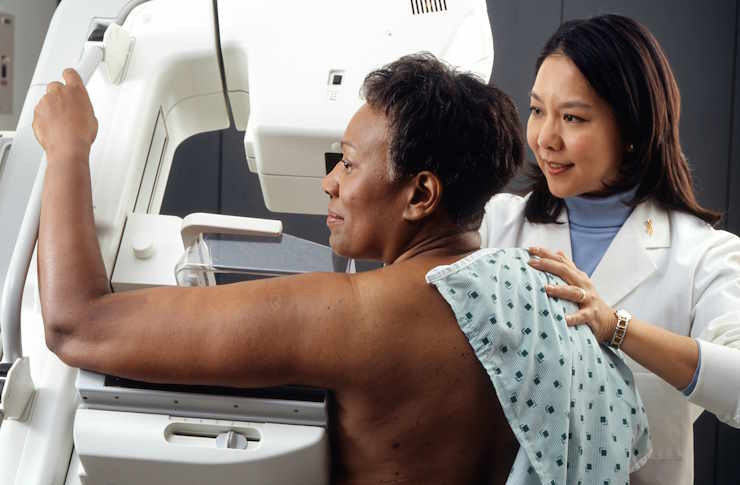Greece hospitality pathways for international applicants: visas, language, and training
Greece’s hotel and tourism sector attracts international candidates each season. Success depends on understanding immigration steps, workplace language expectations, and role‑specific training. This guide explains how EU and non‑EU applicants can prepare documents, build communication skills, and choose recognized courses to be ready for local services across the country.

Greece’s hotel industry sees heightened demand from spring through early autumn, with roles across front office, housekeeping, food and beverage, culinary, and maintenance. International applicants can improve their chances by aligning three essentials: the correct visa or work authorization, effective communication in the workplace, and practical training that matches real hotel operations. The guidance below focuses on preparing for hiring cycles, organizing documents, and demonstrating skills valued by employers in resorts and city properties.
Visa pathways for EU and non‑EU applicants
Citizens of EU/EEA and Switzerland may live and work in Greece without a work visa but should complete residence registration and social insurance steps after arrival. Non‑EU candidates typically require a Type D national visa for employment, often tied to seasonal hotel work, followed by a residence permit application inside Greece. A Schengen Type C short‑stay visa does not allow employment. Typical documents include a valid passport, an employment contract or official job offer, proof of accommodation arrangements, medical insurance for visa issuance, police clearance from the home country, and payment of applicable fees. Processing times vary by consulate and season, so early preparation is advisable.
Language expectations in Greek hotels
English is widely used in hospitality workplaces, especially in guest‑facing departments. A B2 level supports front office and F&B service, while A2–B1 may be workable for back‑of‑house roles when teams provide support. Greek language skills remain valuable for coordination with suppliers and internal procedures. In tourist areas, additional languages such as German, French, Italian, or Russian can strengthen an application. Practical learning helps: build phrases for greetings, check‑in questions, dietary restrictions, maintenance issues, and housekeeping requests, and practice clarity and pace when communicating in busy environments.
Training and certifications for roles
Short, targeted courses can bridge gaps and help candidates adapt quickly to seasonal operations. Front office roles benefit from familiarity with property management systems (PMS), complaint handling, and upselling fundamentals. F&B staff gain from training in service sequences, allergen awareness, barista or bartending basics, and responsible alcohol service. Culinary roles emphasize mise en place, hygiene, HACCP procedures, knife skills, and station timing. Housekeeping training focuses on room inspection standards, laundry basics, chemicals and safety, and lost‑and‑found protocols. First aid and CPR certificates are useful across departments. Evidence of recent training signals readiness for high‑occupancy periods.
Documents and registration after arrival
Once in Greece on the correct visa, non‑EU workers complete residence permit steps, including biometrics and submission of required documents. For payroll and social insurance, key identifiers typically include a tax number (AFM) and a social insurance number (AMKA or PAAYPA, as applicable), along with a local bank account. Keep copies of your contract, proof of address, and employment communications. Seasonal contracts commonly cover spring to early autumn, while city hotels may offer year‑round opportunities. Clarify accommodation arrangements, uniform policies, and shift patterns to plan transportation and living costs.
Recognized providers and institutions
The organizations below are widely consulted by international applicants for official procedures, training, and language learning resources related to hospitality in Greece.
| Provider Name | Services Offered | Key Features/Benefits |
|---|---|---|
| Ministry of Migration and Asylum (Greece) | Information on visas and residence permits for employment | Official guidance on categories, documentation, and procedures |
| EURES Greece | EU labor mobility information and advisory support | Worker rights, country‑specific guidance, and market insights |
| Ministry of Tourism – Public Institutes of Vocational Training (IEK Tourism) | State‑recognized tourism and hospitality programs | Courses in culinary arts, front office, F&B service, housekeeping |
| Higher School of Tourism Education of Rhodes (ASTE Rhodes) | Tertiary tourism education | Foundations in hotel operations and tourism management |
| DYPA (Public Employment Service) | Employment services and training programs | Labor market information and skills development resources |
| EFET‑recognized HACCP training providers | Food hygiene and safety certification | Certificates widely requested in kitchens and F&B departments |
| University language centers (Athens, Thessaloniki) | Modern Greek language courses for non‑native speakers | Intensive and regular programs with level assessment |
Recruitment timelines and seasonality
Resorts typically recruit between November and March, conduct interviews remotely, and complete onboarding as visa processing advances. City hotels may recruit throughout the year, but still increase staffing before holidays and major events. Align your availability with likely start dates, and confirm that documentation timelines are realistic. When possible, secure references and be ready for practical assessments that test customer service scenarios or technical skills.
A structured approach can reduce delays. Start with eligibility and visa research, gather documents in certified translations if required, and verify consular appointment procedures. Parallel to paperwork, build language routines and complete short courses that target your chosen department. This combination—compliance, communication, and competence—supports smooth integration into teams during peak season.
Conclusion Greece’s hospitality sector rewards reliability, guest empathy, and operational awareness. International applicants who prepare visas and registrations early, practice clear multilingual communication, and invest in role‑specific training can navigate hiring cycles with more confidence and contribute effectively to hotel operations across the country.




